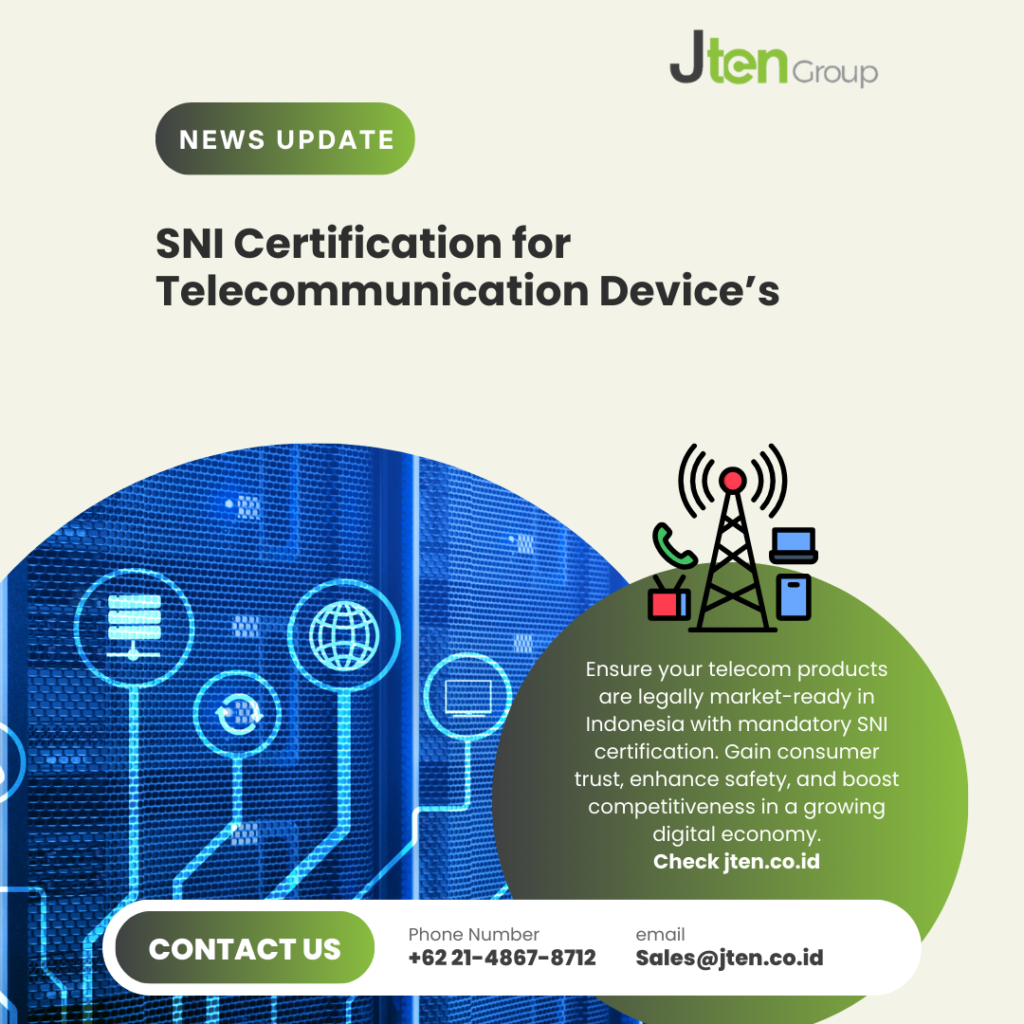What is TKDN Certification In Indonesia?
In Indonesia, the government actively promotes the use of domestically produced goods and services through a regulatory framework known as TKDN or Tingkat Komponen Dalam Negeri. TKDN Certification is an official document that indicates the percentage of local content in goods, services, or a combination of both, used in production or project execution in Indonesia. TKDN certification plays a critical role in ensuring transparency and compliance with domestic content requirements. The Indonesian government mandates the use of TKDN certification, particularly in sectors such as infrastructure, energy, telecommunications, manufacturing, and public procurement. According to Prolegal, this certification is a strategic tool to enhance the competitiveness of local industries. Objectives of TKDN Implementation TKDN certification serves several strategic national objectives : Types of TKDN and Calculation Method TKDN is calculated differently depending on the type of product or service : Benefits of TKDN Certification for Businesses Implementing and obtaining TKDN certification provides multiple advantages for companies : Companies with higher TKDN scores have a competitive edge in government and BUMN (State-Owned Enterprises) projects that prioritize local content. Procurement policies often favor products with certified TKDN values, boosting marketability and credibility. Businesses may gain access to tax incentives, subsidies, and other benefits aligned with national development goals. Supporting domestic content contributes to the growth of Indonesia’s industrial sector and fosters a stronger economic foundation. Who Needs TKDN Certification? Businesses involved in the production of goods or provision of services for government or state-owned projects are typically required to obtain TKDN certification. This includes companies in : How to Get TKDN Certification? The general process for obtaining TKDN certification includes : Conclusion TKDN certification is not just a regulatory requirement it’s a strategic asset for businesses operating in Indonesia. By aligning with the government’s domestic content policy, companies can gain significant advantages in both market positioning and long-term sustainability.


